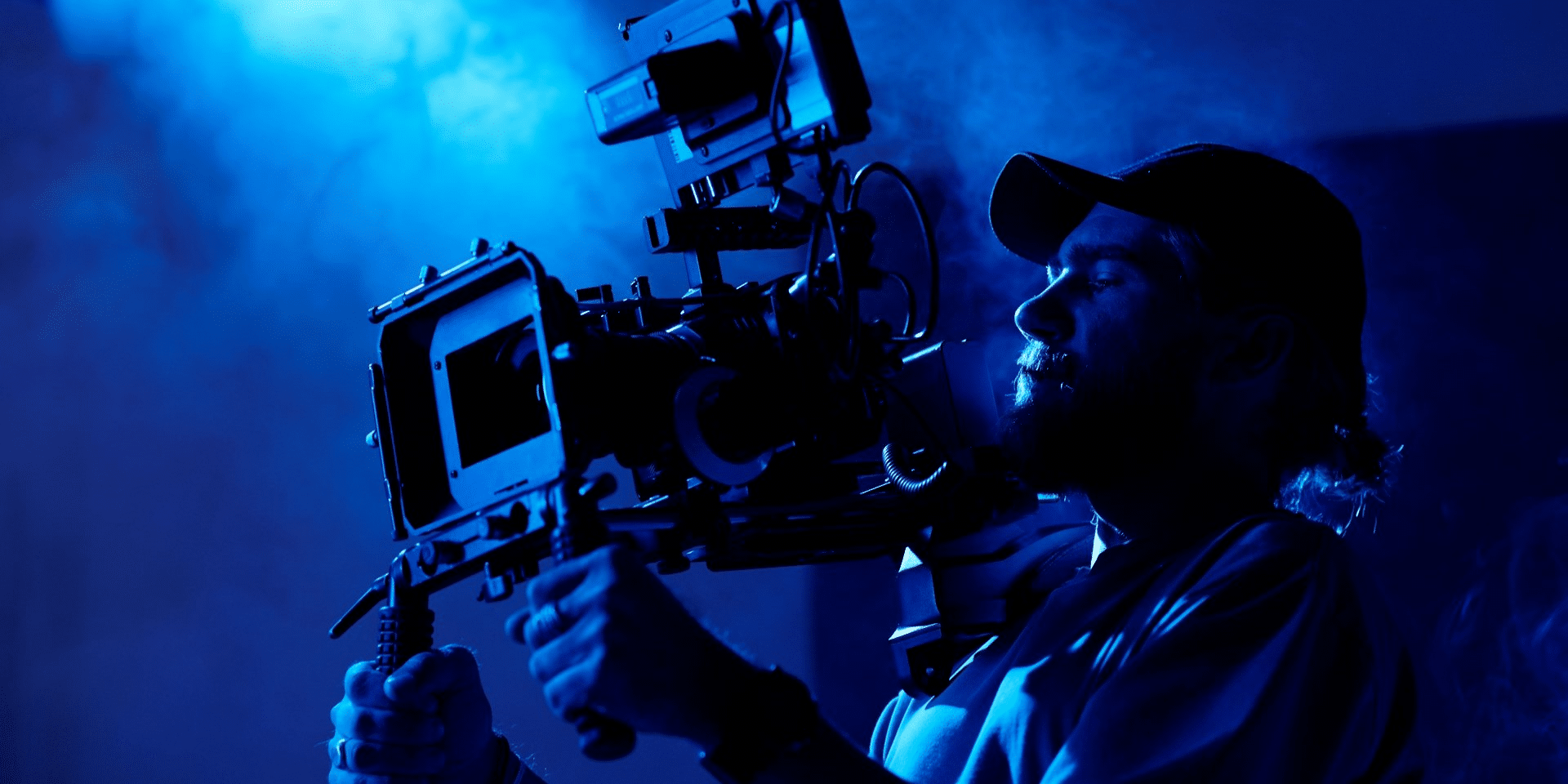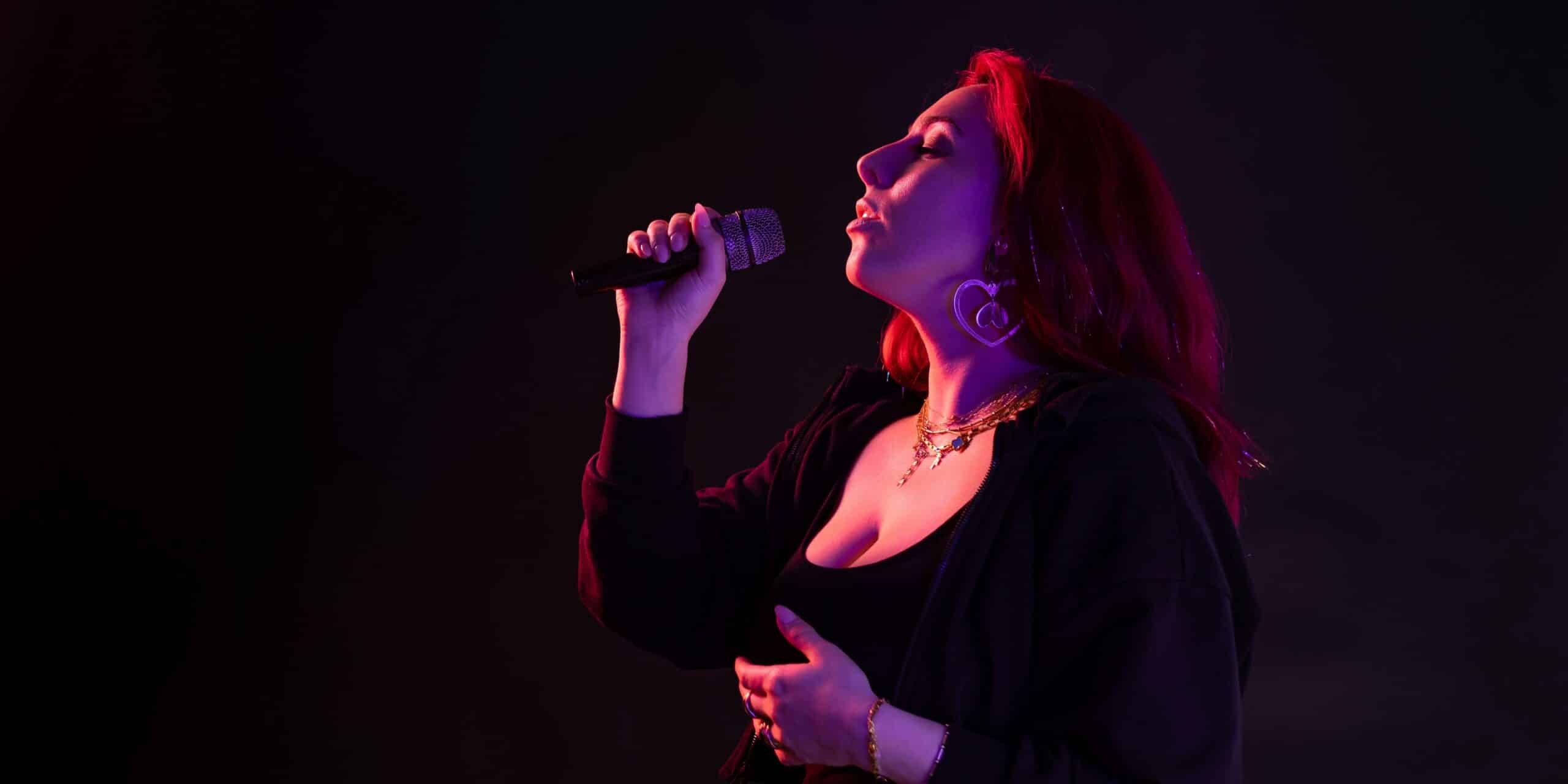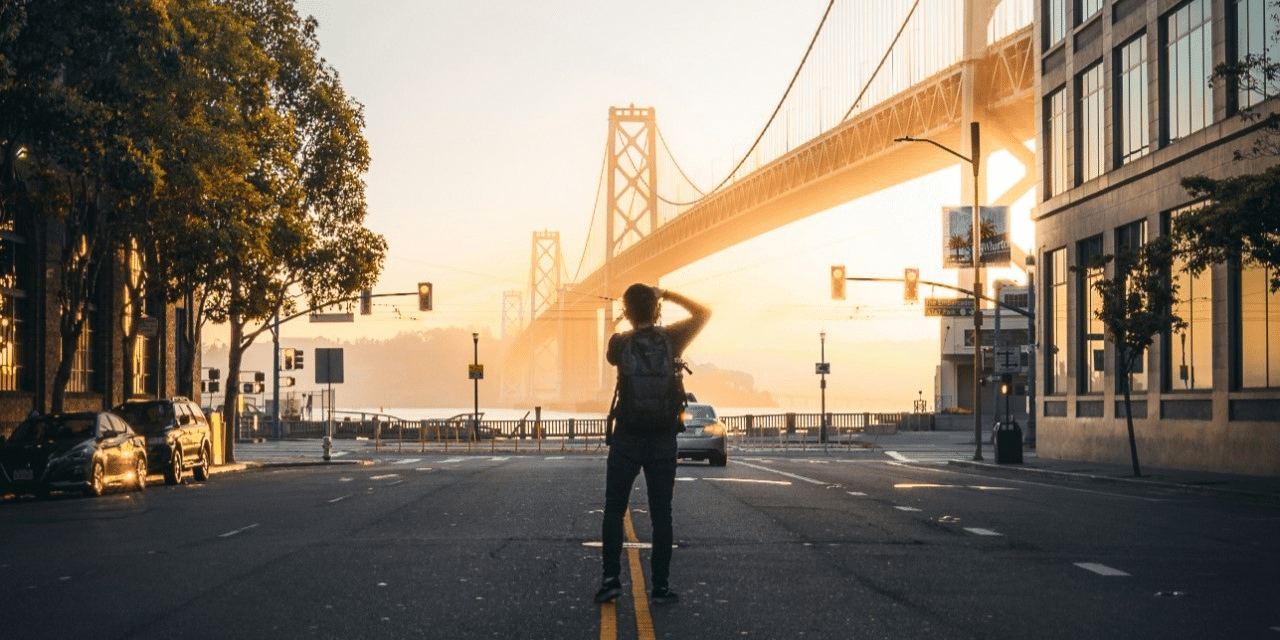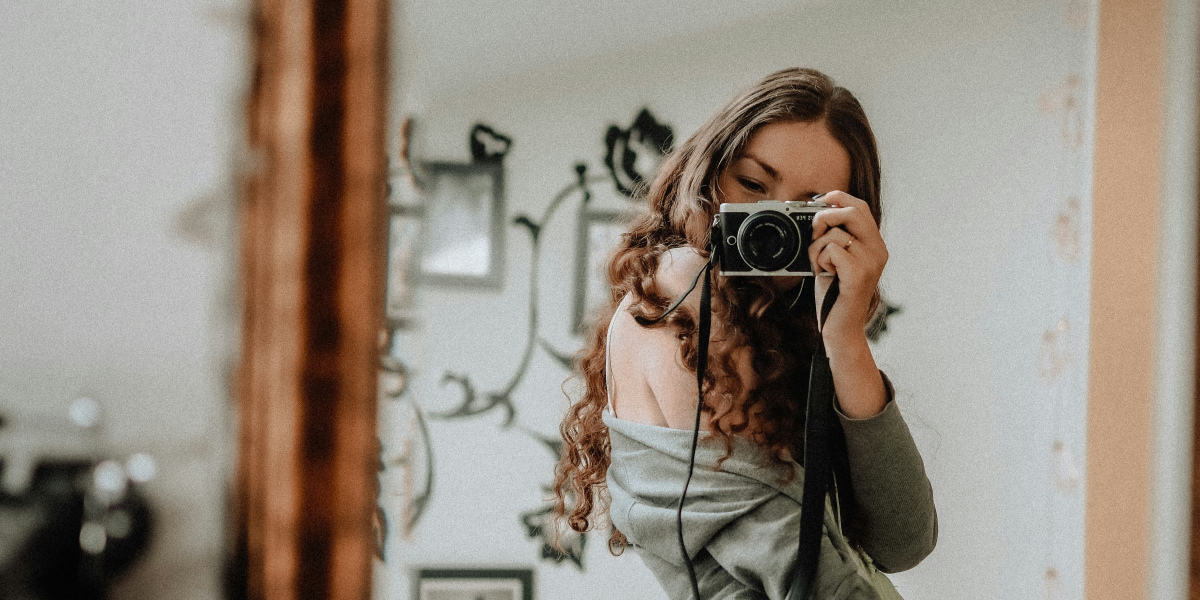Artificial intelligence has made its way into nearly every industry, and entertainment is no exception. From crafting scripts to creating stunning visual effects, AI is transforming how movies, shows, and even music are made. For years, the idea of machines contributing to creativity seemed like a far-off concept. Today, it’s part of the showbusiness industry’s most exciting innovations.
AI isn’t just changing how entertainment is produced—it’s reshaping how audiences experience it. Whether through personalized recommendations on streaming platforms or virtual actors in blockbuster films, the potential of AI feels endless. As studios and creators embrace this technology, they’re finding ways to merge creativity with machine efficiency.
How Does AI Shape Content Creation?
AI is playing an increasingly important role in content creation. Scriptwriting, for example, is no longer solely the work of human writers. AI tools can analyze countless scripts and generate storylines that fit specific genres or themes. While these tools don’t replace writers, they act as collaborators, offering ideas and refining plots.
Visual effects (VFX) are another area where AI is making waves. Machine learning algorithms can process massive amounts of data, making it easier to create lifelike characters and breathtaking environments. One major studio recently used AI to generate a realistic alien world, cutting production time significantly. These advancements mean smaller teams can achieve Hollywood-level effects without enormous budgets.
AI also simplifies dubbing and localization for international markets. By syncing dialogue with an actor’s lips or creating authentic voiceovers, studios can make global content more accessible. This not only saves time but also enhances the viewing experience for diverse audiences.
Even in music, AI is changing the game. Virtual composers can create original soundtracks tailored to a film’s emotional tone. Some artists even collaborate with AI tools to push creative boundaries, blending human artistry with machine precision.
How Is AI Enhancing Audience Experiences?
If you’ve ever received a spot-on movie recommendation from a streaming service, you’ve seen AI in action. Platforms like Netflix and Hulu rely on audience analytics to suggest content based on your viewing history. These algorithms analyze patterns—what you pause, skip, or binge—to create a personalized experience.
Virtual reality (VR) and augmented reality (AR) are also benefiting from AI integration. AI-driven systems make immersive experiences more interactive, adapting to a user’s behavior in real time. Imagine attending a virtual concert where the artist reacts to your movements or exploring a digital theme park that feels uniquely tailored to you.
Interactive storytelling is another exciting development. AI allows creators to design stories that adapt based on audience decisions. Viewers are no longer passive consumers—they become active participants in shaping the narrative. This innovation blurs the lines between gaming, movies, and TV, creating experiences that feel deeply personal.
AI is even influencing how shows are marketed. Studios can analyze audience data to identify trends and predict what kinds of stories will resonate. These insights help creators craft content that audiences will love while minimizing the risk of failure.
Will AI Redefine Creativity in Entertainment?
The rise of AI in entertainment sparks a larger conversation about creativity. Can machines truly create art, or are they simply tools? Many in the industry view AI as a collaborator rather than a replacement for human creativity. Machines can analyze data and generate ideas, but it’s the human touch that gives stories their emotional depth.
Take virtual actors, for example. AI can now create digital characters so lifelike that viewers can’t tell they aren’t real. While these virtual actors can perform stunts or fill background roles, they lack the emotional nuance that human actors bring to the screen. For now, AI complements rather than replaces human talent.
AI also raises ethical questions. How do creators ensure AI-generated content respects intellectual property and cultural sensitivities? As the technology advances, the industry must establish guidelines to balance innovation with accountability.
Still, the possibilities are thrilling. AI is opening doors to creative opportunities that were once unimaginable. Whether it’s crafting new worlds or connecting audiences with stories they didn’t know they’d love, AI is expanding what’s possible in entertainment.
The integration of AI into entertainment is more than a trend—it’s a transformation. From scriptwriting to audience analytics, AI is reshaping how stories are told and experienced. While it raises questions about the future of creativity, one thing is clear: AI is here to stay. For the entertainment industry, that means embracing a new kind of collaboration—one where technology and imagination work hand in hand.










